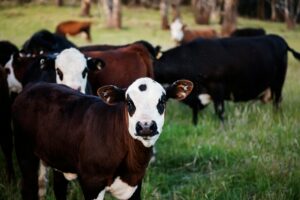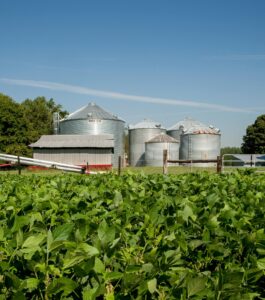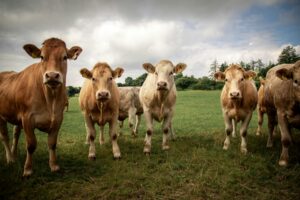Add Your Heading Text Here
Establishing new farmers, particularly black ones, is of crucial importance to the success of this country. For this reason, our page on emerging farmer support is under “Issues here and beyond our border” along with energy, climate change and water, rather than in another category, say, with consultants or agribusiness.
It goes without saying that motivation would be on the list of requirements to make a success of farming. It is no use placing people on the land who only consider farming to be “a nice idea”. There must be the resolve to make it work. We are also assuming the existence of things like infrastructure (roads) and natural resources (water).
Vital factors to successfully establishing a new farming enterprise include:
- skills
- access to markets
- access to finance
Skills would be essential to any new enterprise you begin. This goes beyond the piece of paper you got from one institution or another. It will be important to have access to a mentor, someone who has made it past the obstacles you face.
Access to markets means knowing there is a place where people will buy your produce which enables you to cover your costs and make a profit. Included in this category is producing what people want. Don’t go looking for people to buy your product AFTER you have produced something. Make sure you have a market BEFORE you begin.
Why is access to finance important? You will have to spend money before you can make money. And once you are making money, there may be periods when a delay means you need a loan or finance to get you through a dry patch when not much money is coming in. Lenders of money require you to have an asset before lending you money. Their money is safe: if you can’t pay back the money, they take over your asset.
The backbone of commercial agriculture is land ownership. A bank, for example, is flexible with how much money you have (or don’t have) because if you are ultimately not able to repay the money they’ve lent you, they can sell your farm. This happens sometimes, of course, but mostly it is a mechanism which gives farmers leeway with the financial ups and downs of farming.
It’s not impossible to farm without owning the land you’re on, but it sure makes things easier! It is for this reason that David Rakgase, a farmer in Limpopo, took the government to court to sell him the farm he has successfully worked for 28 years. He won.
The Landbouweekblad newsletter last Friday carried the story “Staat verstaan nie ‘n plaas is soos ‘n baba” [State does not understand a farm is like a baby]. Whiskey Kgabo was one of several black farmers who had attended a farmer’s day, organised by the Southern Africa Agricultural Initiative (SAAI), to discuss common concerns. Kgabo cannot apply for finance from a financial institution because he does not own his farm.
Under official policy, it is government who will provide/secure the necessary funding. Kgabo’s testimony is that this funding does not respond to the exigencies of running a farm. Financial help is sporadic and – when it arrives – insufficient (and so a farm is like a baby which cannot upon the convenience of relevant but ignorant officials).
Relevant pages on Agribook.Digital are “Emerging farmer support”, “Marketing” and “Finance for new farmers and SMMEs”. Also, useful overviews are provided by the various livestock and crop pages.



